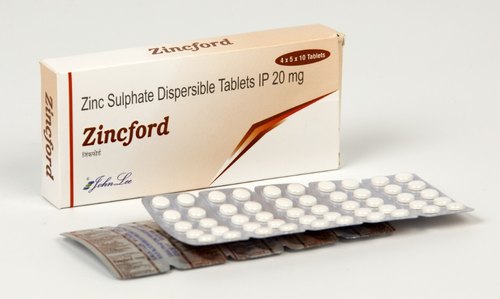carvejohn
Introduction to Carvejohn
Carvejohn is a widely used medication primarily prescribed for managing cardiovascular conditions. It belongs to a class of medications known as beta-blockers, which work by affecting the heart and circulation. Carvejohn is commonly used to treat high blood pressure, heart failure, and to improve survival after a heart attack. It is available in various forms, including tablets, capsules, and sometimes as an injection, providing flexibility in administration based on the patient's needs. This medication helps in reducing the workload on the heart, thus improving the heart's efficiency and overall cardiovascular health.
Composition of Carvejohn
The active ingredient in Carvejohn is Carvedilol, present in a dosage of 12.5mg per tablet. Carvedilol is a non-selective beta-blocker with alpha-blocking activity, which means it works by blocking certain natural substances in the body, such as epinephrine, on the heart and blood vessels. This action helps to lower heart rate, blood pressure, and strain on the heart. Carvedilol's unique ability to block both beta and alpha receptors makes it effective in managing heart-related conditions by improving heart function and reducing blood pressure.
Uses for Carvejohn
- Management of high blood pressure (hypertension)
- Treatment of heart failure
- Improving survival after a heart attack
- Reducing the risk of hospitalization in patients with heart failure
- Potential use in managing certain types of angina (chest pain)
Side Effects of Carvejohn
- Dizziness or lightheadedness
- Fatigue
- Low blood pressure (hypotension)
- Slow heart rate (bradycardia)
- Weight gain
- Diarrhea
- Shortness of breath
- Swelling of the hands or feet
Precautions of Carvejohn
Before taking Carvejohn, inform your doctor if you have any allergies, asthma, or other respiratory conditions, as beta-blockers can exacerbate these issues. Patients with diabetes should monitor their blood sugar levels closely, as Carvejohn can mask the symptoms of low blood sugar. It is crucial to inform your healthcare provider about any other medications you are taking, as Carvejohn can interact with other drugs. Avoid sudden discontinuation of the medication without consulting your doctor, as this can lead to adverse heart-related effects.
Specifications of Carvejohn
Carvejohn is available in several forms to accommodate different patient needs and preferences. The most common form is the tablet, which contains 12.5mg of Carvedilol. It may also be available in capsule form, offering similar dosages. For patients requiring immediate intervention or those unable to take oral medications, Carvejohn might be administered as an injection under medical supervision. Each form is designed to provide the same therapeutic benefits, ensuring effective management of cardiovascular conditions.
Conclusion
Carvejohn is an effective medication for managing various cardiovascular conditions, thanks to its active ingredient, Carvedilol. By understanding its uses, side effects, and necessary precautions, patients can better manage their health and improve their quality of life. Always consult with a healthcare professional before starting or adjusting your medication regimen to ensure safety and efficacy. With its various forms, Carvejohn provides flexibility in treatment, making it a versatile option for many patients.
Similar Medicines
More medicines by Johnlee Pharmaceuticals Pvt Ltd
Available in 4 variations

Carvejohn 3.125 Tablet
strip of 10 tablets

Carvejohn 12.5 Tablet
strip of 10 tablets

Carvejohn 6.25 Tablet
strip of 10 tablets

Carvejohn 25 Tablet
strip of 10 tablets
Disclaimer : This information is not a substitute for medical advice. Consult your healthcare provider before making any changes to your treatment . Do not ignore or delay professional medical advice based on anything you have seen or read on Medwiki.
carvejohn
Prescription Required
Manufacturer :
Johnlee Pharmaceuticals Pvt LtdComposition :
carvedilol











.svg)
